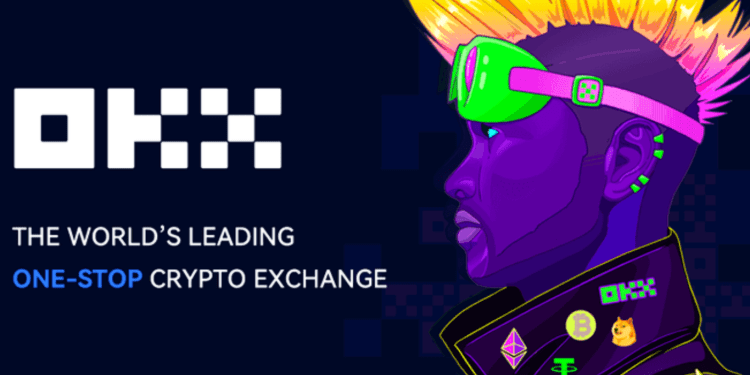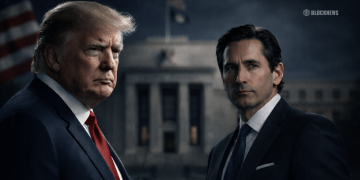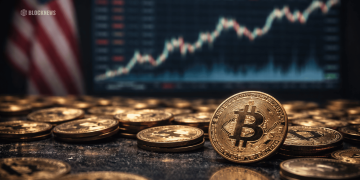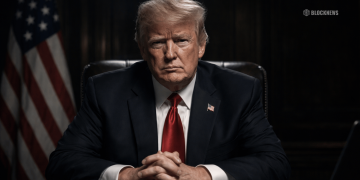Russia, on Tuesday, 4 October 2022, blocked access to OKX, the world’s third-largest cryptocurrency exchange by trading volume, at the request of the Attorney General’s Office.
Russia’s internet agency is known as Roskomnadzor. A search of the exchange’s domain in the records of Roskomnadzor revealed that the site had been blocked under Article 15.3 of the Russian Information, Information Technology, and Data Protection Law.
This clause protects against the dissemination of false information, threats to financial institutions, and calls for extremist activity. At this time, no specific reason for the website’s ban has been given. OKX did not immediately respond to his Decrypt request for comment.
Russia and OKX Website
OKX, founded in China and based in Seychelles, has failed to comply with Western sanctions against Russia. Known for sponsoring football and motorsport for Manchester City, it has reportedly responded to a recent request by South Korean authorities to freeze accounts associated with Terraform Labs co-founder Do Kwon.
Previous cases have been successfully litigated in Russian courts. From September 2020 to January 2021, Binance was sued in Russia until a regional court overturned the Roscomnadzor ruling. It was prohibited in Six cryptocurrency news sites.
Russia restricted them in 2020. Bits. The media lifted after a week following a district court ruling. The authorities still blocked it. Local NGO Roskomsvoboda also added Okx.com to its list of blocked addresses.
An organization that specializes in monitoring online censorship uses a name similar to the Russian Censorship Board but calls the second half “svoboda” (Russian for “freedom”) instead of “nadzor” (meaning “director”).
Russia and Cryptocurrency
OKX is not the first exchange targeted by Russia. The district court blocked Binance’s website in June 2020. This was reported in the Facebook post by Binance’s regional head of Asia, Gleb Kostarev. Binance claimed that it had not received any complaints from the government.
It had not been notified of the blacklisting for three months after its implementation.
“Bitcoin issuance and use are completely decentralized. There is no way for the government to regulate it. This is against current Russian law,” the court argued at the time. Binance said he was able to overturn the ruling by January 2021.
Russian authorities have worked swiftly to clarify the position of cryptocurrencies within the current regulatory framework. The Bank of Russia and the Ministry of Finance have debated whether cryptocurrencies should be banned entirely from the country.
The House of Representatives and President Vladimir Putin passed a law in July. The law bans cryptocurrencies as a means of payment. The government has expressed a willingness to use cryptocurrencies for international trade. To function as a tool to circumvent Western sanctions.
Digital currencies are an essential part of most countries’ financial ecosystems. Countries such as Ukraine, El Salvador, and the Central African Republic are pioneering the legalization of Bitcoin. Major regions such as the European Union are actively working on the German market. They have regulations tailored for the crypto industry. The story is changing as we implement the framework.
President Vladimir Putin and the House of Representatives passed legislation for Banning July to introduce cryptocurrencies as a payment method. The government is willing to use cryptocurrencies for international trade, especially to circumvent Western sanctions.














